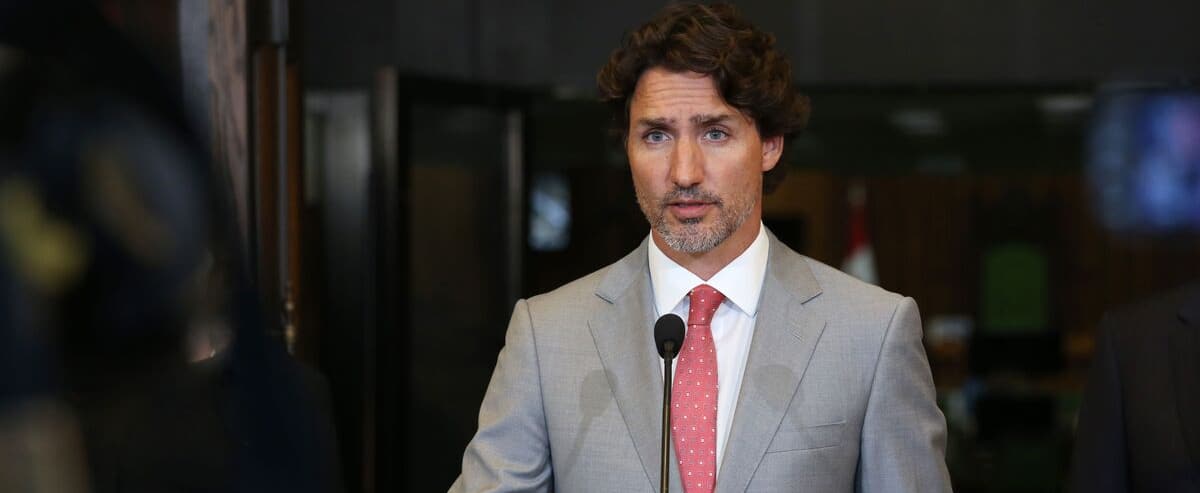Prime Minister Justin Trudeau has backed his Australian counterpart in its fight against Facebook, which decided to remove the news from its platform last week.
The two prime ministers agreed “to continue coordinating their work to address the online damage and to ensure that the revenues of the web giants are shared more equitably with the creators and the media,” Mr. Trudeau said in a press release on Tuesday.
As part of negotiations with the Australian state, Facebook decided to ban its Australian users from sharing news last week.
This negotiation strategy was aimed at punishing the government, which had demanded, among other things, a better sharing of revenues from the country’s newspapers and media.
The Australian media ecosystem, like all major democracies, has been impoverished in large part by the rise of GAFAM, the American web giants who have held a prominent place in the country’s economy and globally.
Facebook changed its tune Tuesday after signing a deal with the Australian government, forcing the company to contribute financially to journalistic content, but still leaving the company free to negotiate as desired private agreements and choose media that can be accepted on the platform.
In Canada, all eyes are on Heritage Minister Stephen Gilbault, who is set to unveil his long-awaited reform of laws governing GAFAM in the coming months. Mr Guilbeault has repeatedly declared his support for the Australia initiative, describing Facebook’s tactic as “extremely irresponsible”.
Important players in the cultural and media sectors in Canada indicated their support for the minister’s initiative.
Mr Guilbeault has already met leaders from other countries that also have web giants in their sights, including Australia, France, Germany and Finland. They discussed the possibility of forming a united front to consolidate their position in the negotiations.

“Extreme twitteraholic. Passionate travel nerd. Hardcore zombie trailblazer. Web fanatic. Evil bacon geek.”

